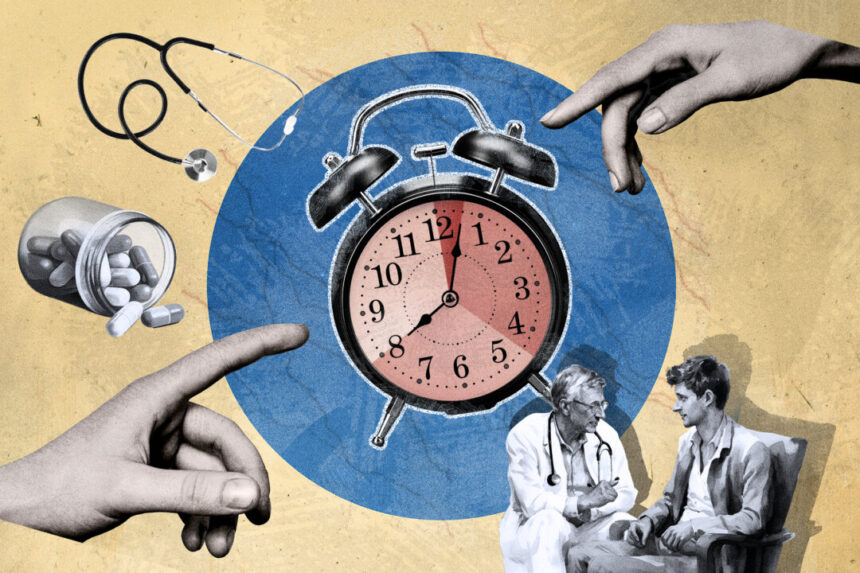A recent study conducted by Harvard University sheds light on a key factor that affects the speed of our recovery from wounds and illnesses. Typically, we consider factors such as the depth of a cut or which organs were affected when predicting healing time. However, a study led by professor Ellen Langer from Harvard University found a new significant factor that influences healing speed.
In the study, participants underwent cupping therapy, a technique that has been used for thousands of years in China and ancient Egypt for treating various ailments. Researchers aimed to observe how quickly participants would recover from the controlled “injury” caused by cupping therapy. Each participant underwent the process three times, with researchers manipulating their sense of time during each phase of the experiment.
Results showed that the perception of time by the participants had a significant impact on the rate of healing. Participants who believed more time had passed showed a higher rate of healing compared to those who thought less time had passed. This finding suggests that abstract psychological factors, such as the perception of time, can influence physical health outcomes.
Ms. Langer’s interest in the mind’s influence on the body dates back to her earlier studies, where participants showed improvements in various aspects of health by immersing themselves in an environment that mimicked a time when they were younger. This led her to explore further the connection between perception of time and healing processes.
The study challenges the traditional view of the mind and body as separate entities, suggesting that treating them as one unit may lead to new insights in health and healing. By considering the body and mind as interconnected, we may uncover new possibilities for improving overall well-being. The concept of body-mind unity suggests that changes in a person’s thoughts and physical body occur simultaneously. This idea opens up new possibilities for controlling health. Research studies led by Ellen Langer have demonstrated this theory, showing that mindset can influence physiological processes.
One study with hotel maids found that simply changing their mindset about their work being exercise led to physical improvements such as weight loss and lower blood pressure. Another study involving Type 2 diabetes patients showed that perceived time can affect blood sugar levels, with participants who thought more time had passed experiencing greater reductions in blood sugar.
Further research in sleep labs revealed that cognitive performance was influenced by participants’ beliefs about how much sleep they had received, rather than the actual duration of sleep. These studies highlight the power of expectations in shaping both mental and physical outcomes.
In an interview, Ellen Langer emphasizes that our dualistic view of mind and body can limit our understanding of how they are interconnected. Expectations play a significant role in influencing our daily experiences, with changes in mindset leading to changes in the body. If you do not expect to see something, chances are you will not see it. In a viral video, viewers were asked to count how many times players passed a basketball, while a girl dressed as a gorilla walked among them. Those who were focused on counting did not notice the gorilla because they were not expecting to see it.
The concept of expectations influencing physical changes is referred to as a self-fulfilling prophecy. Our beliefs and thoughts play a significant role in our health and well-being. When we believe in our ability to improve our health, we are more likely to notice positive changes in our bodies.
The idea that we have more control over our health than we realize is often overlooked. By practicing mindfulness and actively noticing changes in our bodies, we can have a more positive impact on our well-being. Viewing diseases as non-permanent challenges rather than uncontrollable conditions can shift our mindset and empower us to take action.
By staying mindful and present in each moment, we can better navigate challenges and find joy in the journey. Instead of worrying about the future, focusing on the present and making the most of each moment can lead to a more fulfilling life, even in the face of difficult circumstances. In the quest for a longer life, many people focus on increasing the number of years they have. However, I believe that it is more valuable to enrich the years they are currently living. Our research suggests that this approach can lead to better health outcomes over a longer period of time. This article was first published in February 2024 in Epoch Magazine, Israel.
Source link





